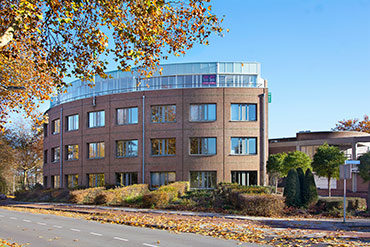Anyone who follows it knows it: nowadays there is a heated debate about the influence of Dutch dairy farming on the climate. To look at this discussion from a different angle, it is also interesting to ask the question: “What is better for the climate? Our Dutch milk or the plant-based alternatives?”
The University of Oxford has conducted research into the climate-friendliness of agriculture in collaboration with the Swiss Agroscope, the agricultural research center of the Swiss government. This research included 38,700 farms in 119 countries and 1,600 processors. The information obtained from 1530 studies has been placed in a large database. The environmental friendliness of 40 agricultural products was determined on the basis of these data. Assumptions were made on 1800 samples for milk and 354 samples for soy milk. An impressive comparison, bs it concerns 1530 studies! The results of this comparison are shown in Table 1.
Emissions in Dutch agriculture
In this blog we concern ourselves with the Dutch agricultural sector and it is good to include practical data. Wageningen University & Research (WUR) has defined these for the Cows and Opportunities project. The project shows an average of 1.15 kg CO₂-eq per liter of milk. About half of the emissions come from the methane emissions cows produce.
Dairy farm #2 has the lowest emissions, as can be seen in figure 1. This is achieved by the in-house production of concentrates, in other words by using little soy. Apart from that, farms with a high milk production per cow are more climate-friendly.
The question that remains is: how do these results compare with the Oxford study? Before we can answer this, we must first state that in this study a distinction is made between the various continents. The figures for Europe are also shown separately in Table 1.
For milk, the difference with the Dutch practical values is still considerable. This cannot be explained by the CO₂ emissions as a result of the processing of milk. Which is about 10% of the total. The dairy sector itself mentions that over the past ten years this value has fallen to 1.195 kg CO₂-eq per liter of milk in 2018.
Milk the more climate neutral engine!
CCS’ goal is to aid in halving the climate impact of milk for companies that use our innovations, over the next ten years. This includes energy from the fermentation of fresh manure, fertilizer from the nitrogen stripper (Bio-NP) and concentrates from duckweed. These innovations are available now! As a result, you can now drink more climate-neutral milk with peace of mind, directly from the farmer in the Netherlands!
About this article
2 June 2021 / Author: Dr. Ir. René Cornelissen





